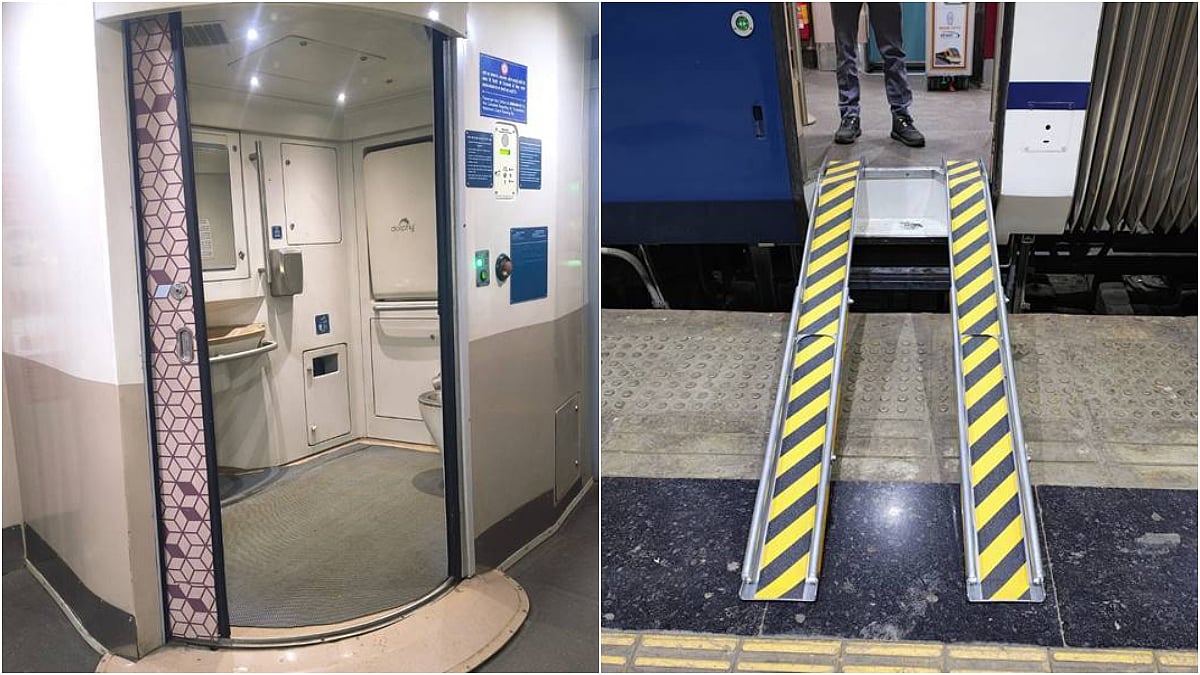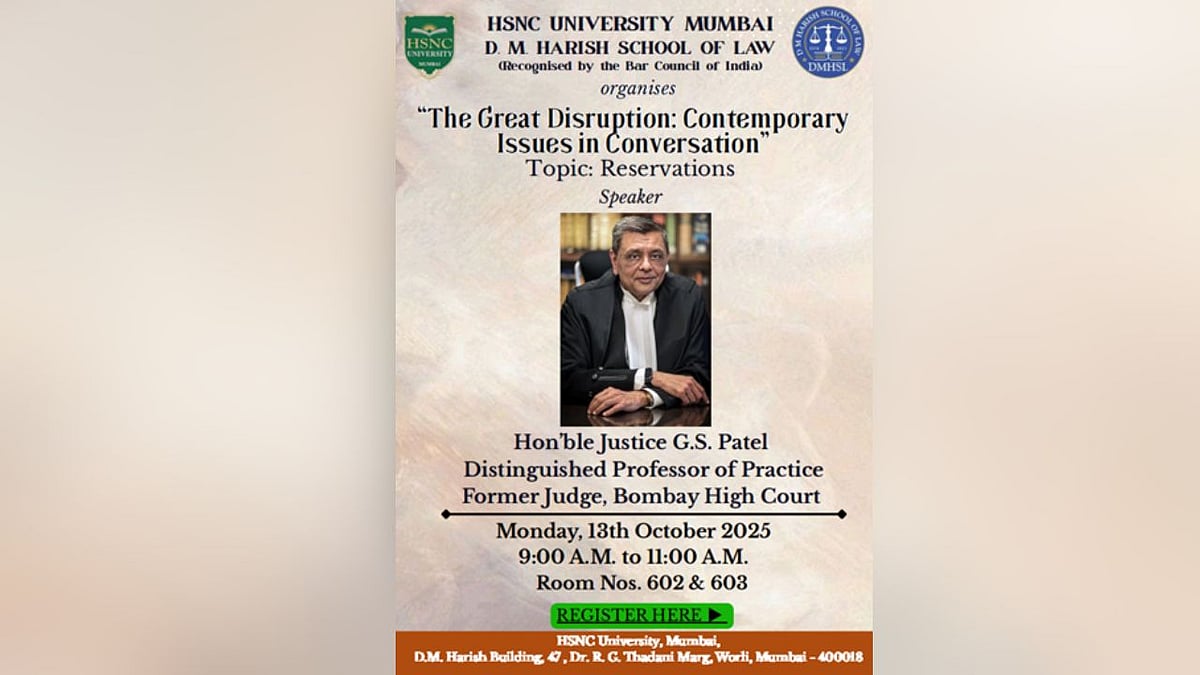(The Free Press Journal publishes articles by study abroad consultants, Consulates, foreign universities, international students, and much more every Saturday to give its readers a glimpse of the world of overseas education.)
The world of higher education is filled with countless possibilities, and educational fairs serve as gateways to explore them. These events provide students with the chance to interact with university representatives, gather program details, explore scholarships, financial aid packages, and gain valuable information about entry requirements.
Attending educational fairs can help students make informed decisions about their academic future. In this article, we will delve into some of the key aspects and provide a comprehensive guide on how to make the most of your educational fair experience.
One-on-One Interaction with University Representatives:
Educational fairs offer a unique chance to engage in face-to-face conversations with university representatives. This interaction allows students to go beyond brochures and websites to gain personalised insights into universities and their programs. It is an opportunity to get a glimpse into the campus culture, academic offerings, and faculty expertise.
To make the most of this opportunity, coming prepared is crucial. Before attending the fair, do some homework. Look up the list of universities that will be at the fair and create a list of questions about programs, admission requirements, campus life and any other concerns you may have. Take notes during the conversations to refer to later. Actively listen to the representatives' insights and ask for their contact information for future follow-ups or additional questions that may arise after the fair.
Exploring Program Details:
Educational fairs provide an excellent platform for exploring the diverse range of programs offered by U.S. universities. While researching universities online is valuable and crucial, attending an educational fair allows you to delve deeper into program details and gain a more comprehensive understanding. Take advantage of brochures, pamphlets and other resources available at the fair. These materials provide essential information such as program structure, curriculum, specialisation options and potential career pathways.
They often showcase success stories of current or past students, giving you insights into the real-world applications of the programs. Focus on the areas that interest you the most and ensure that the programs align with your career aspirations and academic goals. Engage in conversations with representatives who can provide further insights into program strengths, faculty expertise, research opportunities, internships and other experiential learning possibilities. One of the advantages of attending an education fair is that, based on conversations with the university representative, you might learn about a university that is the right-fit for you which you were not originally thinking of applying to.
Discovering Scholarships and Financial Aid:
Many US universities offer scholarships to international students, making education more accessible and affordable. Educational fairs are a good platform to learn about these funding options and understand the eligibility criteria. Take the time to visit booths or attend presentations specifically focused on scholarships and financial aid.
University representatives can provide valuable information on the different types of scholarships available, such as merit-based scholarships, need-based scholarships, athletic scholarships or scholarships for specific fields of study. Inquire about the application process, deadlines and any additional documents required to apply for scholarships or financial aid. Representatives may also recommend resources to explore additional financial support options.
Gaining Information, Not Making Decisions:
It is essential to approach educational fairs with the mindset of gathering information rather than making quick decisions. While the fair environment can be exciting and overwhelming, it's important to remember that it is just one step in gaining insightful information about universities. Use the fair as a starting point to narrow down your options and explore universities further.
Take note of the universities that capture your interest and stand out based on the conversations you've had with their representatives. Gather brochures, program details and contact information to facilitate your research. Remember that attending an educational fair is not the final step in choosing a university; it is an opportunity to gain insights and evaluate your options. Additional research, virtual or in-person campus visits, discussions with current students or alumni and consultations with counsellors or mentors are crucial to making an informed choice.
Understanding Entry Requirements:
U.S. universities have specific entry requirements for undergraduate and postgraduate applicants, and educational fairs provide an excellent opportunity to learn about these requirements directly from university representatives. Approach representatives at the fair and inquire about standardised test requirements such as the SAT, ACT for undergraduate applicants and GRE, GMAT for graduate applicants. Inquire about requirements and acceptance of English proficiency tests such as TOEFL, IELTS, PTE and Duolingo.
Ask about the minimum score requirements and whether universities consider super scores. Understand the importance of these tests in the admission process and seek advice on how to best prepare for them. Additionally, clarify any doubts regarding GPA expectations, letters of recommendation, essays or personal statements, interviews, portfolios for creative programs or any other specific requirements for the programs you are interested in. Representatives can provide insights into what universities look for in applicants and offer guidance on how to strengthen your application.
EducationUSA Fair:
EducationUSA is a network of advising centres supported by the U.S. government, and represents all accredited U.S. universities and colleges. The EducationUSA fairs in the month of August present an extraordinary opportunity for students to interact with university representatives from accredited U.S. institutions. The EducationUSA fairs will bring together a diverse range of universities, providing students with a comprehensive overview of the educational opportunities available. It serves as a good starting point to gather information and engage directly with representatives from multiple universities.
At the EducationUSA fairs, students can explore different booths, attend presentations and have valuable one-on-one conversations with university representatives. The EducationUSA Fairs in Mumbai, Pune, and Ahmedabad are on August 27, August 28 and August 30 respectively. Make sure to mark your calendar for the EducationUSA fairs and take full advantage of these valuable events.
Prepare questions specific to the universities you are interested in and use this opportunity to gain firsthand knowledge about the programs and opportunities they offer.
To get more information about the EducationUSA Fairs, please sign up at https://bit.ly/EdUSAmumsignup By attending educational fairs and actively participating in conversations with U.S. universities, you can pave the way for a successful academic journey in the United States.
For more information, please visit the EducationUSA website (https://educationusa.state.gov), and for individual questions or direct counselling with an EducationUSA adviser, please write to USEducationQueries@state.gov
The author is EducationUSA Adviser at United States-India Educational Foundation (USIEF), Mumbai.











